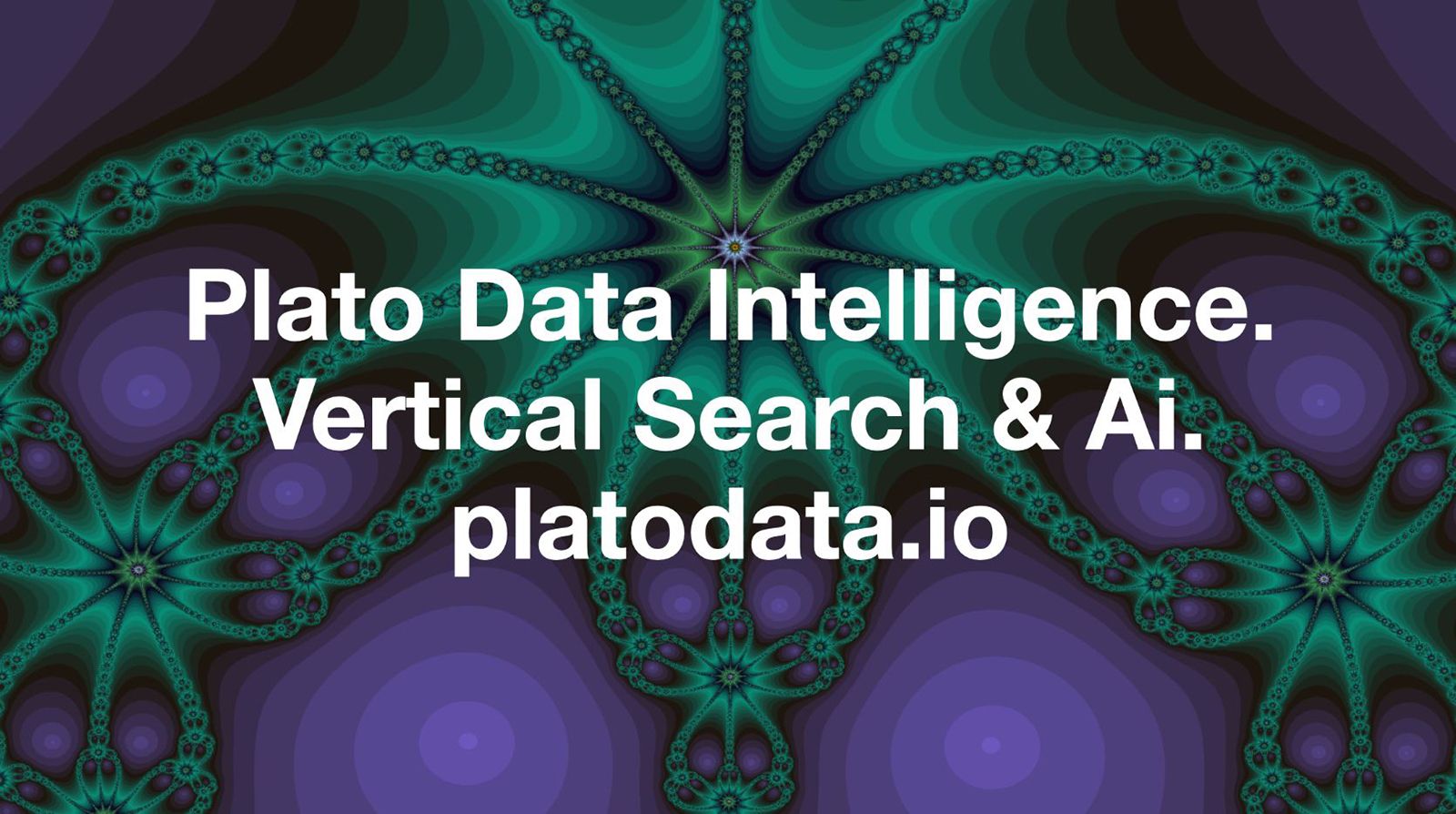![]()
Software as a Service (SaaS) has revolutionized the way businesses operate in the digital age, and its impact on digital marketing is no exception. With the rise of SaaS platforms, marketers now have access to a wide range of tools and technologies that can help them streamline their processes, improve their efficiency, and ultimately drive better results for their campaigns. In this article, we will explore five key changes that SaaS has brought to the world of digital marketing.
1. Increased Automation
One of the most significant changes that SaaS has brought to digital marketing is the increased automation of tasks. With SaaS platforms, marketers can now automate a wide range of processes, from email marketing and social media scheduling to content creation and lead nurturing. This automation not only saves time and resources but also allows marketers to focus on more strategic tasks that require human intervention.
2. Improved Data Analytics
SaaS platforms have also revolutionized the way marketers analyze and interpret data. With advanced analytics tools built into many SaaS platforms, marketers can now track and measure the performance of their campaigns in real-time, allowing them to make data-driven decisions and optimize their strategies for better results. This level of insight was previously unavailable to marketers, making it easier than ever to understand customer behavior and tailor campaigns accordingly.
3. Personalization at Scale
Another key change that SaaS has brought to digital marketing is the ability to personalize campaigns at scale. With the help of SaaS platforms, marketers can now segment their audience based on a wide range of criteria, such as demographics, behavior, and interests, and deliver personalized content and offers to each segment. This level of personalization not only improves the customer experience but also increases engagement and conversion rates.
4. Seamless Integration
SaaS platforms have also made it easier for marketers to integrate different tools and technologies into their digital marketing stack. Many SaaS platforms offer seamless integrations with popular tools such as CRM systems, email marketing platforms, and social media management tools, allowing marketers to create a cohesive and efficient workflow. This integration not only saves time but also ensures that data is shared seamlessly across different platforms, leading to a more holistic view of the customer journey.
5. Scalability and Flexibility
Finally, SaaS has made digital marketing more scalable and flexible than ever before. With SaaS platforms, marketers can easily scale their campaigns up or down depending on their needs, without the need for significant investment in infrastructure or resources. This scalability allows marketers to adapt quickly to changing market conditions and experiment with new strategies without fear of failure.
In conclusion, SaaS has had a profound impact on digital marketing, bringing increased automation, improved data analytics, personalization at scale, seamless integration, and scalability and flexibility to the industry. As SaaS continues to evolve and innovate, marketers can expect even more changes in the future that will further enhance their ability to drive results and achieve their goals.

